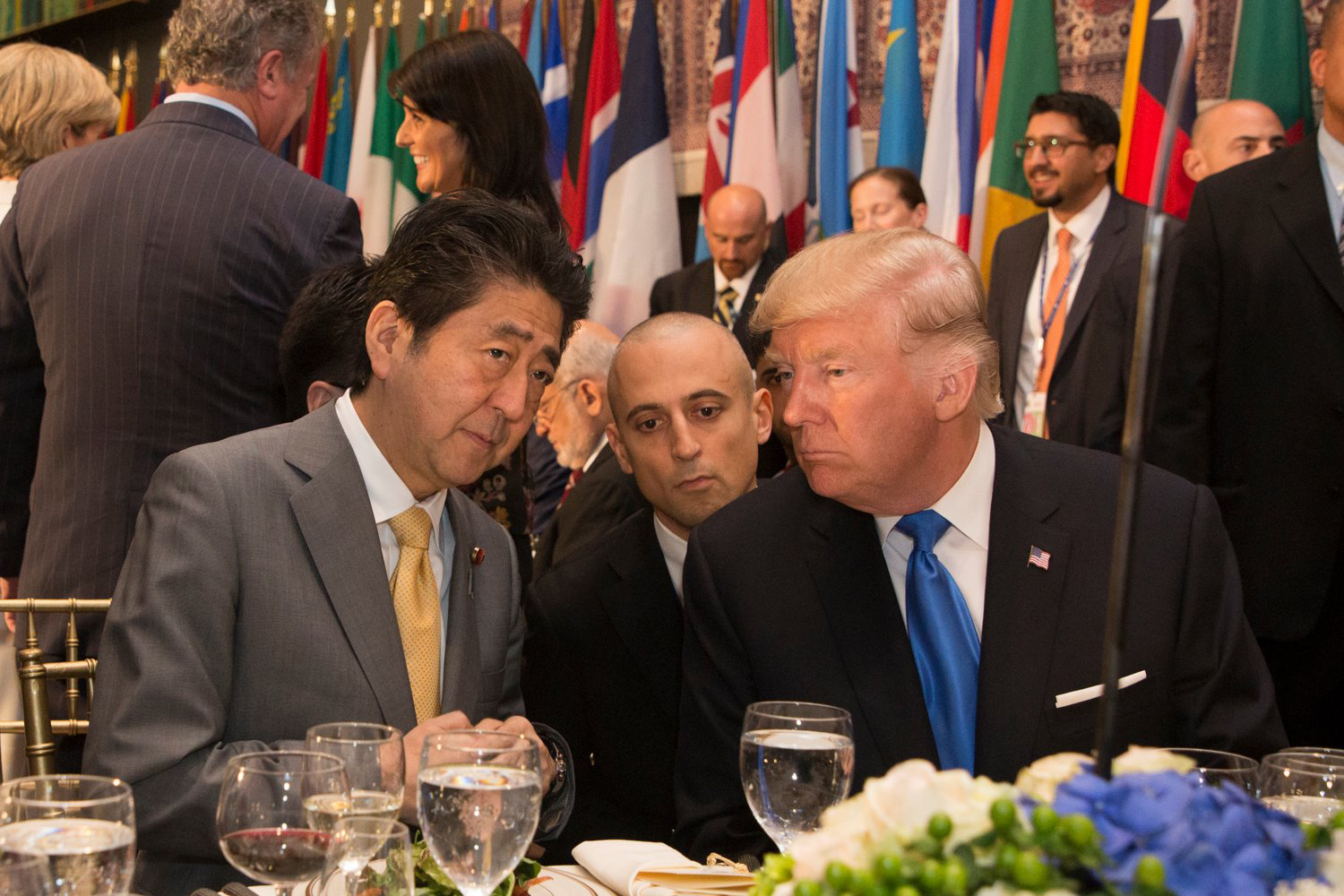In theory, Japan remains the United States' staunchest ally in East Asia. The ties have ostensibly been bolstered by a strong personal connection between the leaders of the two countries, cemented by their shared love of golf. But with Prime Minister Shinzo Abe returning to Tokyo after two days in Mar-a-Lago with little to show for his continued efforts to woo U.S. President Donald Trump, there is a great deal of talk about what happens next.
Amid mounting concerns about Tokyo being marginalized in talks with North Korea on the one hand and worries about U.S. trade strategy on the other, Japan is at a critical juncture in assessing how the United States fits into its own strategy of furthering its own economic and security interests as the regional dynamics rapidly evolve.
The fact that the much-ballyhooed friendship between Abe and Trump has not led to any concrete results has undoubtedly been a tremendous blow for the prime minister at a time when he is facing mounting political pressure at home, from scandals over cronyism to sexual harassment scandals involving some of his senior people. Still, Abe going home empty-handed after his latest meeting with Trump is a setback for Japan, and not just for the prime minister. In fact, the 15 months since the president took office have been a tumultuous period for Abe, who is quickly losing ground not just on the domestic front, but on the global stage as well.



